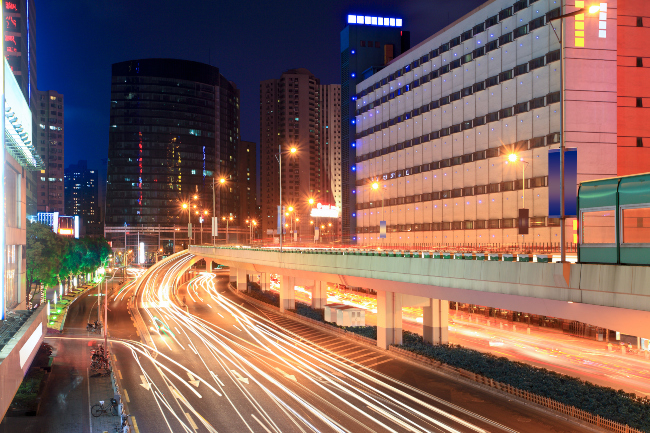Smart Cities Represent the Future of Housing

And oftentimes, they improve the lives of their inhabitants already. Big future headquarters will not only have to be “smart”. Monitoring and optimization of energy and water usage, traffic management and supplying belong to the most common fields that are using smart technologies.
According to the estimate of the Department of economic and social matters of the United Nations, until 2050, 68 % of the world’s population will live in cities. Currently, there are 29 cities with the population of more than 10 million and the energy performance of the urban areas is between 60 and 80 % of worldwide consumption. Only lighting consumes 19 % of the worldwide electricity consumption.
In order to manage these extensive urban areas (and not only those), the cities will have to become “smarter”. Thanks to the devices using the internet of things, the needed data can be gathered and then used for effective management of devices and resources.
What is meant by “smart”?
Among examples of smart management, there is monitoring and traffic management, supplying energy and water, the system of waste management, information systems, education insitutitions, hospital facilities or libraries.
The consulting company Frost & Sullivan identified eight key aspects defining a smart city: smart municipal offices, energies, buildings, mobility, infrastructure, technologies, healthcare and citizens.
Smart business
Around smart solutions, a whole industry with unprecedented growth dynamics has originated. Gradually, companies like Intel, Cisco Systems, IMB, GE Lighting or Siemens are getting involved as well, and starting to offer smart technologies. In the present, technologies for monitoring the water and energy consumptions, CO2 reduction or lighting management are offered the most. Further plans involve quick access to transportation, parking and monitoring the state of communications using the predictive maintenance tools.
Where have they advanced with smart technologies?
Smart technologies based on the internet of things have been implemented in a whole myriad of metropolises. Singapore, New York or Dubai are no surprise, but you don’t have to travel that far to smart cities. Among the European pioneers, there is Madrid, Barcelona, Amsterdam, Copenhagen or the British Southampton.
The objective of smart technologies implementation in Amsterdam is traffic reduction, energy saving and general improvement of city security. In the present, there are 170 projects being realized, in which municipal offices, businesses and even citizens are involved. The streets are illuminated in response to pedestrians walking on them, the houses of inhabitants have systems for optimization of energy consumption and sensors that are tracking the level of traffic send data about the current traffic to other drivers so they can choose an optimal route.
Barcelona strives for traffic optimization in the city. They determined new bus lines based on the analysis of traffic flows and use smart traffic lights for an optimal passage of buses on the lines (passing the green) and also, the green is on for emergency services.
The Danish metropolis Copenhagen focuses on the quality of air in the city and uses the technology for monitoring and managing the traffic situation.
Is “smartness” the domain of big cities only?
Not at all. A whole myriad of smaller towns are working on examining the options and benefits of smart technologies implementation for their operation. A quality analysis of the state and solution suggestions must precede every investment like this. And the examples of big metropolises show that investing in smart technologies is worth it not only from an economic perspective, but also in the time of climatic changes and the need to use the resources as carefully as possible.
Related articles
Jun 7, 2024
DJI introduces its first delivery drone
DJI introduces its first delivery drone
Jun 7, 2024
5 expert insights into the world of dynamic simulations and logistics
5 expert insights into the world of dynamic simulations and logistics
Apr 2, 2024